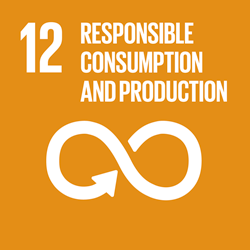Technological watch
Silicon reduces zinc absorption and triggers oxidative tolerance processes without impacting growth in young plants of hemp (Cannabis sativa L.)
Hemp (Cannabis sativa L.) is a promising crop for non-food agricultural production on soils contaminated by moderate doses of heavy metals, while silicon, as a beneficial element, is frequently reported to improve stressed plant behavior. Using a hydroponic system, plants of Cannabis sativa (cv. Santhica 27) were exposed for 1 week to 100 µM Zn in the presence or absence of 2 mM Si. Zinc accumulated in all plant organs but was mainly sequestered in the roots. Additional Si reduced Zn absorption but had no impact on Zn translocation. Zn accumulation had a slight negative impact on leaf number, stem length, and chlorophyll content, and additional Si did not mitigate these symptoms. Exogenous Si reduced the Zn-induced membrane lipid peroxidation (assessed by malondialdehyde quantification) and increased the total antioxidant activities estimated by the FRAP index. In the absence of Si, leaf phytochelatin and total glutathione were the highest in Zn-treated plants and Si significantly decreased their concentrations.






